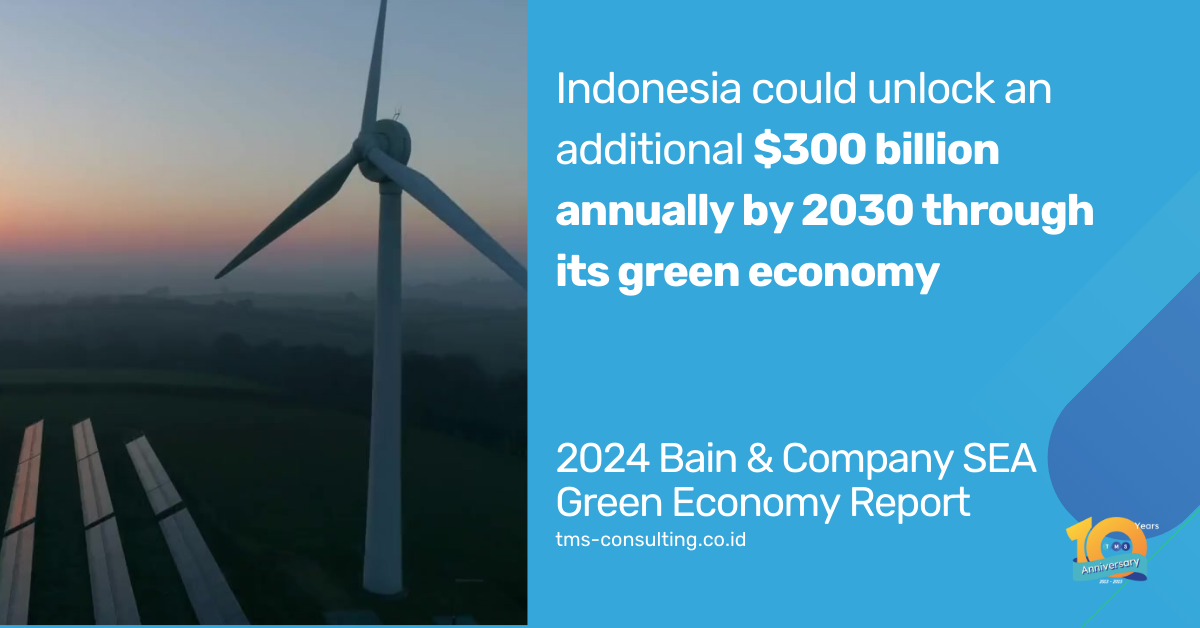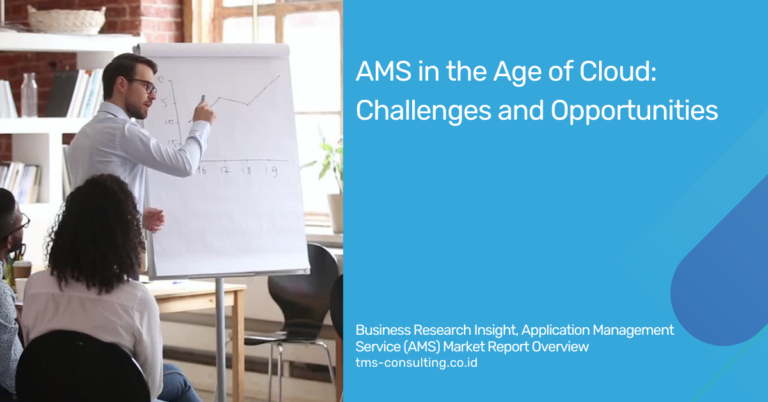As the world grapples with the urgent need to address climate change, Southeast Asia, and particularly Indonesia, stands at a pivotal juncture. The recently released “Southeast Asia’s Green Economy 2024” report sheds light on the region’s progress, challenges, and opportunities in the green transition. Here, we delve into the key insights related to Indonesia’s journey towards a sustainable and green economy.
Progress and Commitments
Indonesia has shown a commendable commitment to the green transition, with significant strides in setting and updating climate action goals. Indonesia, currently focuses on renewable energy, particularly solar and wind, is pivotal to its strategy. However, the path to decarbonization is fraught with challenges, primarily due to the nation’s heavy reliance on fossil fuels.
Renewable Energy Initiatives
The report highlights Indonesia’s ambitious renewable energy projects, which are crucial for reducing greenhouse gas emissions. One notable initiative is the early retirement of coal-fired power plants, a move that underscores the country’s dedication to cutting down its carbon footprint. The collaboration with international organizations and the private sector has been instrumental in pushing these projects forward.
Financial Investments and Economic Opportunities
Investing in green technologies and infrastructure is not just about environmental stewardship; it’s also an economic opportunity. The report emphasizes that Indonesia could unlock an additional $300 billion annually by 2030 through its green economy. This involves substantial investments in renewable energy, sustainable agriculture, and green manufacturing.
Challenges and the Road Ahead
Despite the progress, Indonesia faces significant hurdles. The dependence on coal and other fossil fuels remains a critical barrier. Furthermore, the financial requirements to fully realize the green transition are immense. The report calls for enhanced regional collaboration and innovative financing mechanisms to bridge the investment gap.
The Role of Policy and Regulation
Government policies and regulatory frameworks play a crucial role in accelerating the green transition. Indonesia’s updated sectoral roadmaps are a positive step, but the report suggests that more concrete actions and incentives are needed to attract and sustain investments. This includes setting up carbon pricing mechanisms and improving grid infrastructure to support renewable energy deployment.
Conclusion
Indonesia’s journey towards a green economy is a testament to its potential and commitment. While the challenges are significant, the opportunities for economic growth and environmental sustainability are immense. The “Southeast Asia’s Green Economy 2024” report provides a comprehensive roadmap that, if followed with collective effort and innovative solutions, can lead Indonesia to a sustainable and prosperous future.
Besides digital transformation, TMS Consulting is also aware of Indonesia’s commitment to sustainability and green energy. With our dedication to innovation, TMS Consulting can help you unlock your full potential and achieve sustainable growth in the digital age. Talk to us today and take the first step toward being a part of the global digital revolution!






